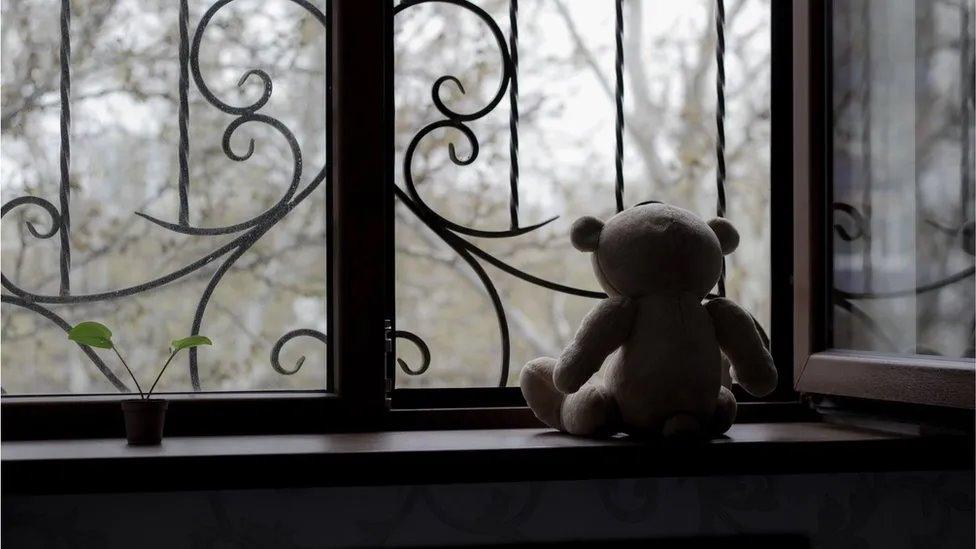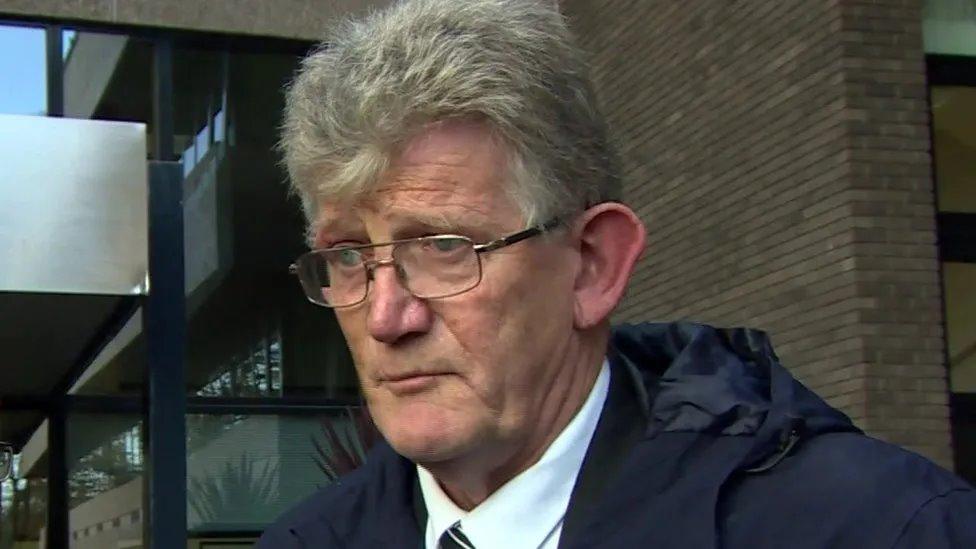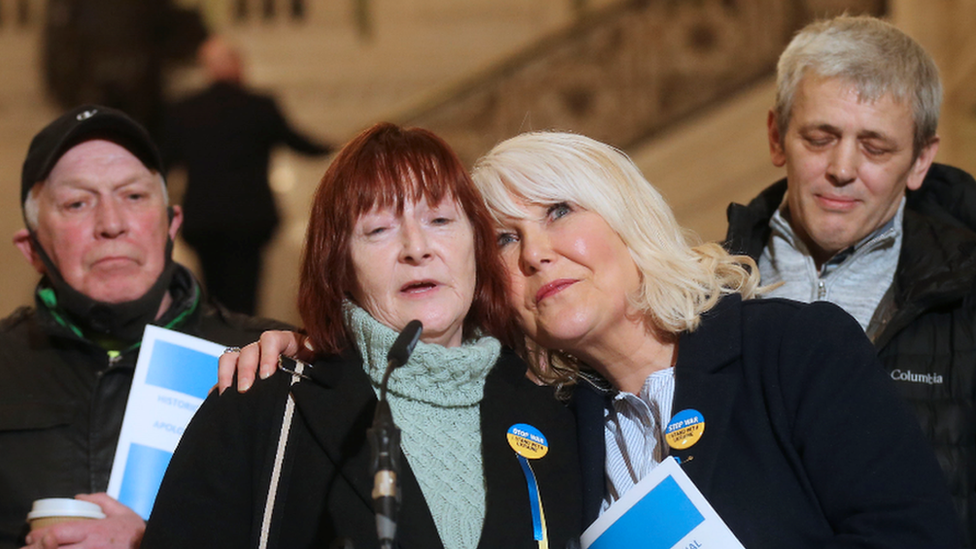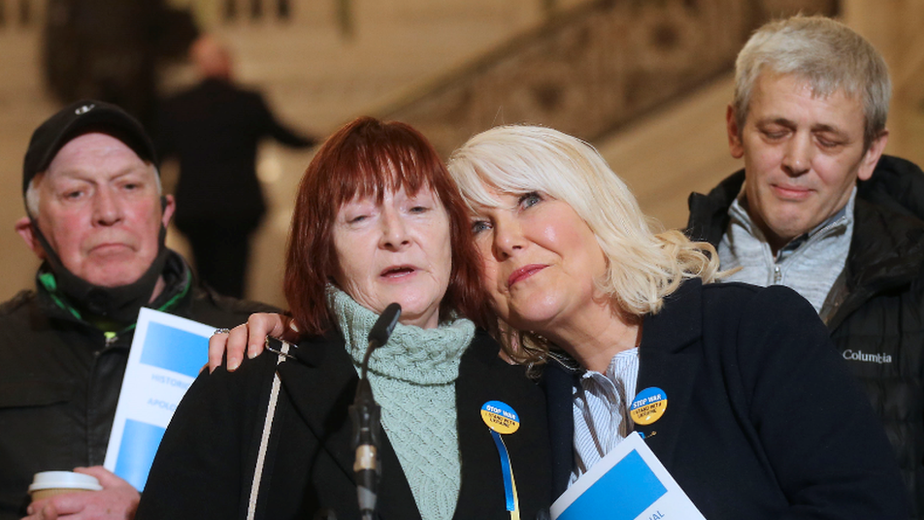Churches 'trying to wind down clock' on abuse redress
- Published

A compensation scheme for victims and survivors of historical child abuse was set up in 2019
Churches and other institutions being asked by Stormont to contribute towards redress for victims of historical child abuse have been accused of "trying to wind the clock down".
A compensation scheme was set up for victims and survivors in 2019.
It followed a public inquiry that reported back in 2017.
But religious orders where abuse took place have yet to make any financial contributions to offset part of the compensation.
On Wednesday, a Stormont committee heard concerns about the process.
Although the inquiry recommended that institutions should be asked to make an "appropriate financial contribution", external to the overall cost of redress, they cannot currently be compelled to do so.
Sinn Féin assembly member (MLA) Carál Ní Chuilín said: "I can't help but feel the religious orders are taking the same approach as the state did in terms of legacy, they're trying to wind the clock down and hope that these people (victims) just go away.
"They're not going to."

Jon McCourt called for survivors' pain and suffering to be acknowledged
Historical institutional abuse (HIA) survivors from groups representing people who were abused in state, church or charity-run homes also appeared at the committee.
Jon McCourt, from Survivors North West, said about £90m had been paid out by Stormont since applications for redress opened in April 2020.
But the scheme is only due to run for a period of five years.
"Surely it is time to press the institutions to step up and contribute significantly to the overall cost of redress and any specialist services," he told MLAs.
"Any contributions should not be viewed just through a fiscal lens, but acknowledge the harms done, and the pain and suffering of survivors."
Margaret McGuckin from Savia (Survivors & Victims of Institutional Abuse) told MLAs "many people have been failed".
"What really irks me is TEO (the Executive Office) not doing their job once again and going after the religious orders, it has been one fight after another - why should we do this fighting?"
HIA commissioner Fiona Ryan said contributions were "overdue" from the institutions, but she said she hoped there was an opportunity to make progress now with an executive in place.
"It is a matter of justice and accountability - it is not just financial, it is about acknowledgement and recognising the harm that was done," she told the Executive Office committee
In 2019, the then-head of the civil service at Stormont, David Sterling, said the government would "pursue" churches and others for money to offset part of the HIA compensation.
He then wrote to six institutions, including religious orders, about compensation payments in 2019, but to no avail.
BBC News NI has asked the Executive Office for a response.
The Sisters of Nazareth said it was "continuing to engage" but it would "not comment on the ongoing discussions" with the Executive Office.
'Let's get it right'
Meanwhile, campaigner Gerry McCann from the Rosetta Trust told the committee he had concerns about a permanent memorial for HIA survivors.
Earlier this year it emerged that a memorial bench was on track to be installed at Stormont later this year, as part of recommendations from the inquiry calling for a memorial.
"I feel it would be inappropriate and insensitive if this bench goes ahead in phase one, it should be a wider programme - a bench doesn't fit it," said Mr McCann.
"We do have an opportunity, let's get it right."
The Executive Office previously said the bench would be part of a wider "phased approach" to accommodate a range of views, and there would be two further phases of implementation.
Related topics
- Published16 January 2024

- Published16 October 2023

- Published11 March 2022
